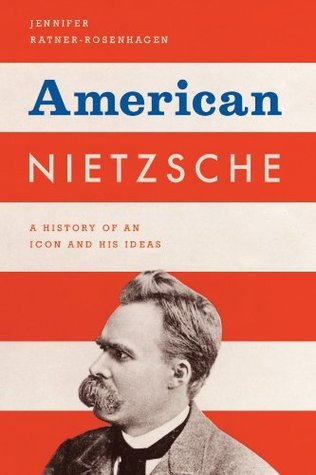Even liberal Protestants, like Unitarian Charles C. Everett, dean of Harvard’s nondenominational divinity school, normally eager to keep theology apace with developments in other arenas of moral and natural inquiry, argued that Nietzsche’s philosophy made things difficult for the would-be accommodating theologian. After all, Nietzsche was no run-of-the-mill atheist: “to deny the ideals of morality which have commanded the reverence if not the obedience of men for so many ages is something different.” Nietzsche’s troubling innovation was not his challenge to the notion that one people or
...more
Welcome back. Just a moment while we sign you in to your Goodreads account.


